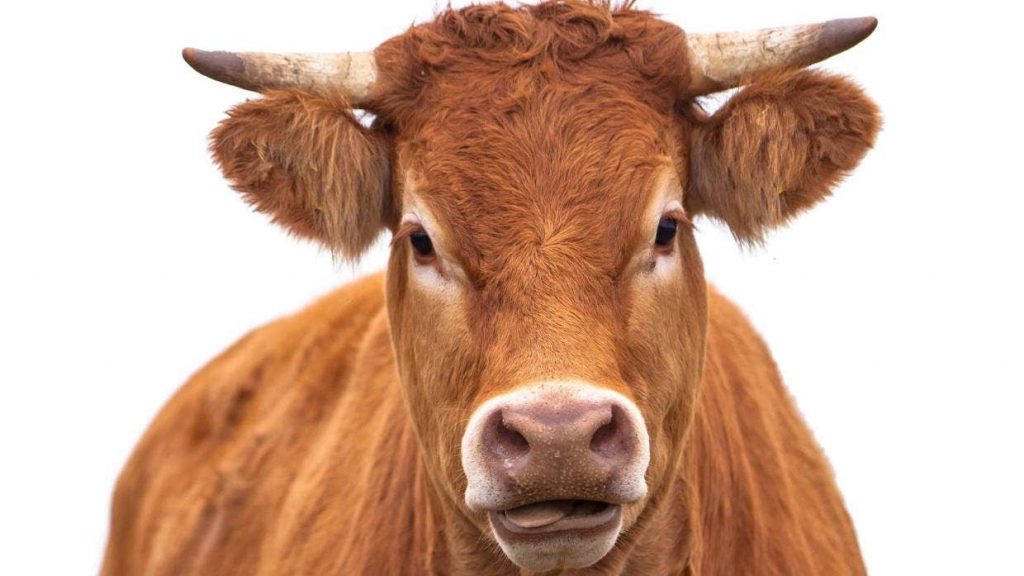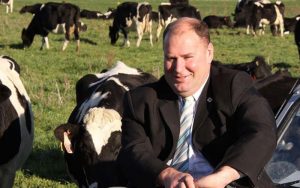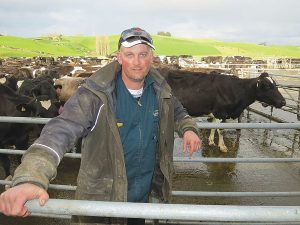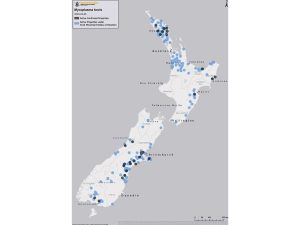
A further $184.9 million in compensation has been paid to farmers whose cows have been culled during the response to the disease, and a further $94.3 million spent on the response prior to the decision to eradicate.
MPI M. bovis programme director Stuart Anderson said initial modelling indicated that the cost to eradicate the disease would be around $880m over 10 years, and loss of production should M. bovis be endemic in the national herd would top $1 billion in the first 10 years alone.
The M. bovis Programme is a Government Industry Agreement between MPI, DairyNZ and Beef + Lamb New Zealand. It is co-funded, governed and operated by these three organisations in partnership.
“This eradication programme is funded by a combination of farmer levies and taxpayer money. We’ve got to a certain point; however, there’s more work to do over the next few years. Given the investment to date, it’s important everyone does their bit and is vigilant with their NAIT [National Animal Identification And Tracing] and on-farm biosecurity,’’ Anderson said.
The investment to date has made a significant contribution to New Zealand’s dairy and beef sectors, he said.
“We are looking harder to find less, and indications are that the infection we are finding is a much more recent infection than infections found in earlier years. The last report from the independent Technical Advisory Group found that eradication is feasible.’’
Rural survey
The programme’s data indicated it was becoming more efficient with on-farm operations, meaning farms were under movement controls for less time, and agencies worked much more closely with the farmer to help them continue their usual farming operations as much as possible, Anderson said.
“This also helps mitigate the amount of compensation they may need. This put together with the wide range of support services we have available, all works to lessen the impact on our farmers, their whānau and workers.
“We are noticing farmers putting extra biosecurity measures in place in reaction to the M. bovis incursion. This helps farmers protect their farms and businesses from a wide range of pests and disease.”
The disease, which is a bacterium that can cause a range of serious conditions in cattle, has been found on 257 properties in New Zealand, seven of which are currently infected.
As of November 12, the disease has been found on 137 beef farms, 64 dairy farms and 56 other properties.
A total of 158,422 cattle had been culled nationwide.
Two farms in Southland are currently under movement restrictions, as cattle herds are tested to determine whether they are infected with M. bovis, and one further farm is likely to be scheduled for testing shortly.
As of November 12, there were seven active confirmed properties in the Canterbury region.
The disease was first found in New Zealand in July 2017, and Cabinet endorsed a phased eradication programme in May 2018.
























